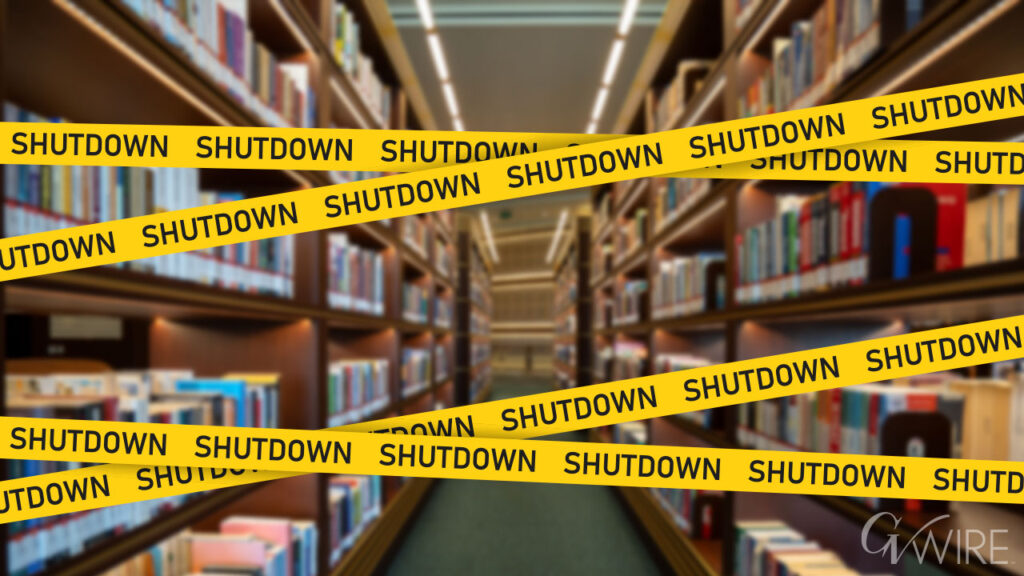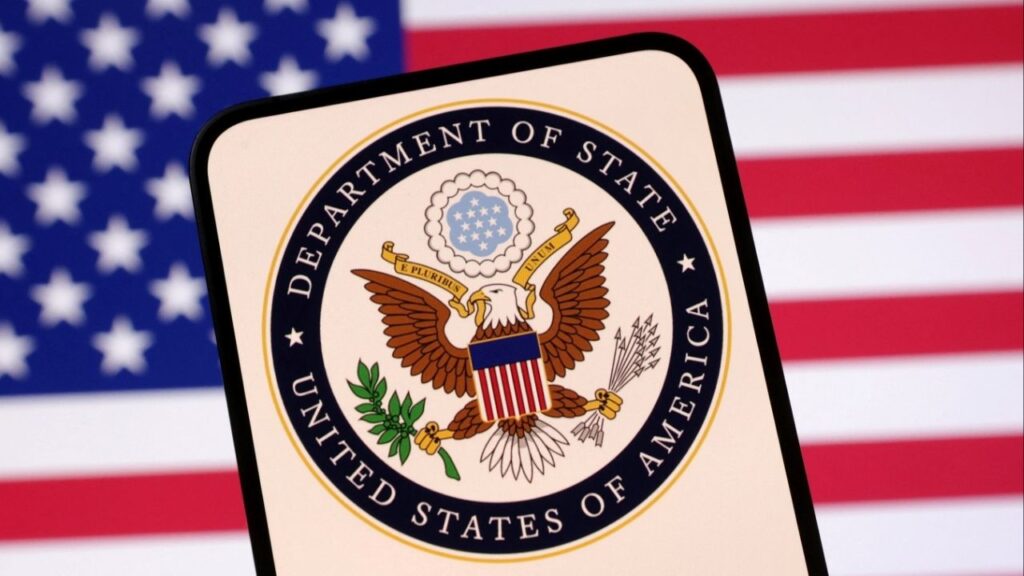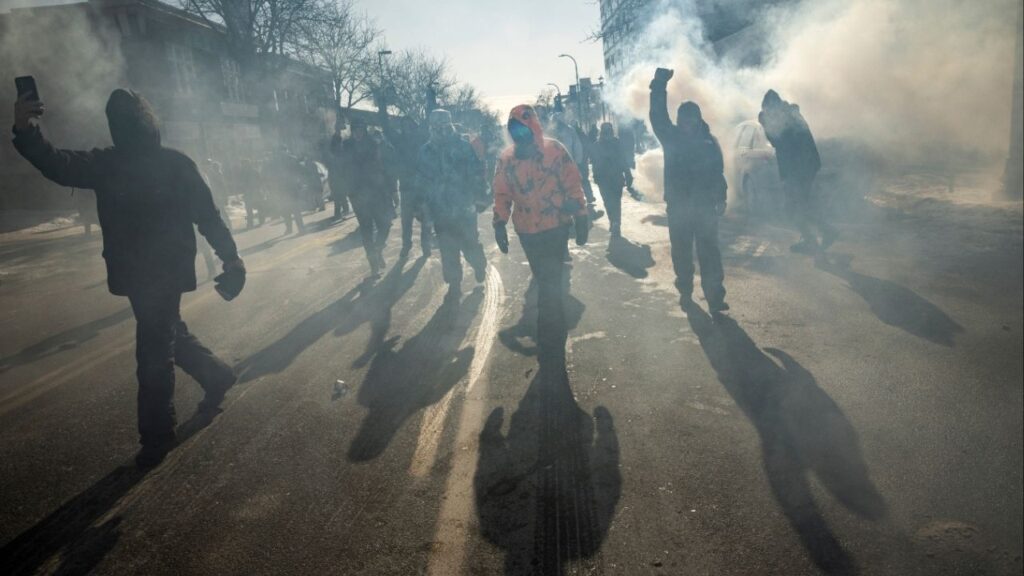Share
Nine months into California’s pandemic restrictions and no one knows how things will end. Are most of us going to succumb to “poverty… depression … (and) suicide” brought on by being locked down? Or will history validate those who insisted that the only course was to “cancel everything”?
No one should be surprised the country is more depressed than it has been in 20 years, a period that includes multiple terrorist attacks on our own soil, and the Great Recession, which hit California hard if not harder than any other state.
“Americans’ Mental Health Ratings,” says the headline from a Gallup poll report, “Sink to New Low.”

Kerry Jackson
Opinion
In Gallup’s latest assessment of Americans’ mental state, the polling firm found it “is worse than it has been at any point in the last two decades.” Only 76% of U.S. adults rate their mental health positively, meaning excellent/good. That’s a nine-point decline from 2019.
The poll, taken between Nov. 5 and Nov. 19, when government boundaries were looser relative to what they are today, also found that those who said their mental health or emotional well-being is “excellent” had fallen to 34 percent from 43 percent.
While Gallup said the decline has been “undoubtedly influenced by the coronavirus pandemic, which continues to profoundly disrupt people’s lives,” it left open the possibility the election and race relations might be factors, as well. But that’s either an intentional misdirection or a mistaken assumption. Elections and rocky race relations aren’t new. It’s the loss of our freedom that we haven’t encountered before.
More Than 33 Million Californians Living Under Stay-at-Home Order
As it’s not unreasonable to argue California was the fountainhead of the Great Recession, neither is it irrational to believe that the mental health fallout from the lockdowns has been more difficult on Californians than others. Other parts of the country have been shut down, but this state has been on a particularly short leash. No state has held captive more of its residents.
More than 33 million of California’s nearly 40 million residents are living under Gov. Gavin Newsom’s stay-at-home order. That’s 4 million more than the entire state of Texas, the second most populous state. Churches, restaurant owners, local lawmakers, and the “unjustly confined” have sought relief through the courts.
Before a Los Angeles Superior Court judge ruled Tuesday in favor or restaurant owners, calling the county’s outdoor dining ban an abuse of power, Angela Marsden, the now famous owner of the Pineapple Hill Grill & Saloon in Sherman Oaks, and an unofficial spokesperson for the desperate, said on Fox News that the current “closure is going to devastate L.A.”
“We’re going to die from poverty, we’re going to die from depression, we’re going to die from suicide if somebody doesn’t do something.”
She told hold host Neil Cavuto that she has “two employees that have lost people that are close to them to suicide in the last two months.”
Anecdotes are not hard evidence, but professionals in the field know when behavior is out of the ordinary. Dr. Chris Colwell, Chief of Emergency Medicine at Zuckerberg San Francisco General Hospital and Trauma Center, said months ago “we’re seeing between eight to 10 (patients) a day that are expressing suicidal ideations,” as people are driven to emergency rooms seeking help.
Being Vigilant During a Pandemic Is Warranted but Going Too Far Has Costs
It’s not just the isolation of lockdowns that’s taking a toll. The uncertainties of closing, then reopening, then closing again produces a nasty whipsaw effect.
“Back and forth of a lot of mixed emotions. We are happy for a little bit and then we hear the next day another stay-at-home order and we are hit with a wave of fear again,” psychologist Andrea Zobras said, not in the days leading up to Thanksgiving and Christmas, but in July.
Just as officials began backtracking on a brief summer reopening, the San Francisco Chronicle said that “the percentage of people with reported symptoms of anxiety disorder has increased by about 9 percentage points from late April to mid-July to almost 39%.” At the same time, “the proportion of people with reported symptoms of depression has jumped by about six percentage points to 31% of respondents in California.”
Again, this wasn’t noted in the fall but after only a few months of restrictions.
Being vigilant during a pandemic is warranted but going too far has costs. Officials need to be looking at more than case numbers when they make the rules the rest have to live by. The medicine we’ve been forced to take has some cruel side effects.
About the Author
Kerry Jackson is a fellow with the Center for California Reform at the Pacific Research Institute.
[activecampaign form=19]RELATED TOPICS:
Categories

Argentina Trade Deals With US Do Not Box out China, Minister Says
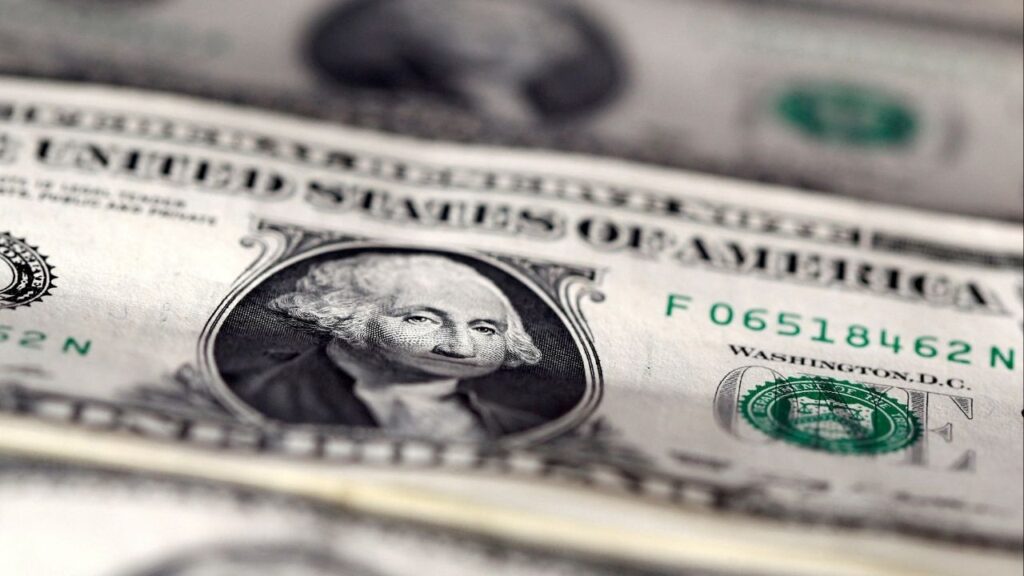
Dollar Retreats From Two-Week High, Yen Set for Weekly Loss
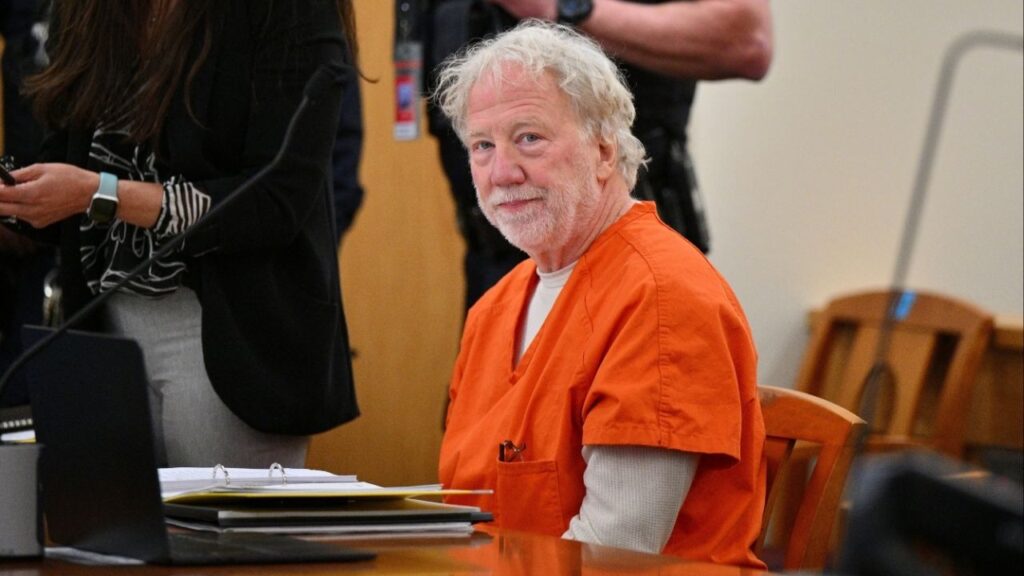
‘West Wing’ Actor Timothy Busfield Indicted on Child Abuse Charges
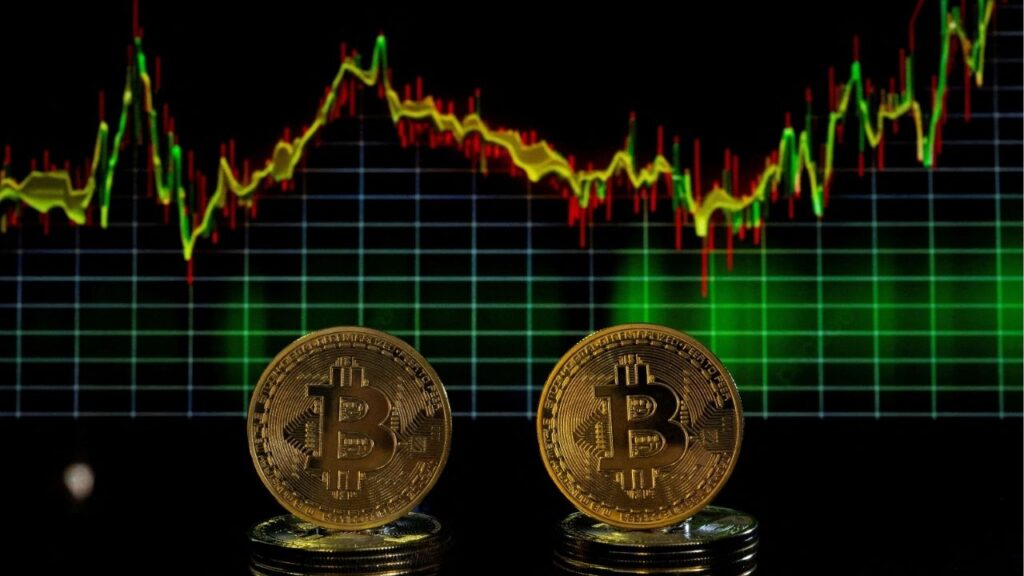
Bitcoin Bounces Back as Risk Assets Stabilize
